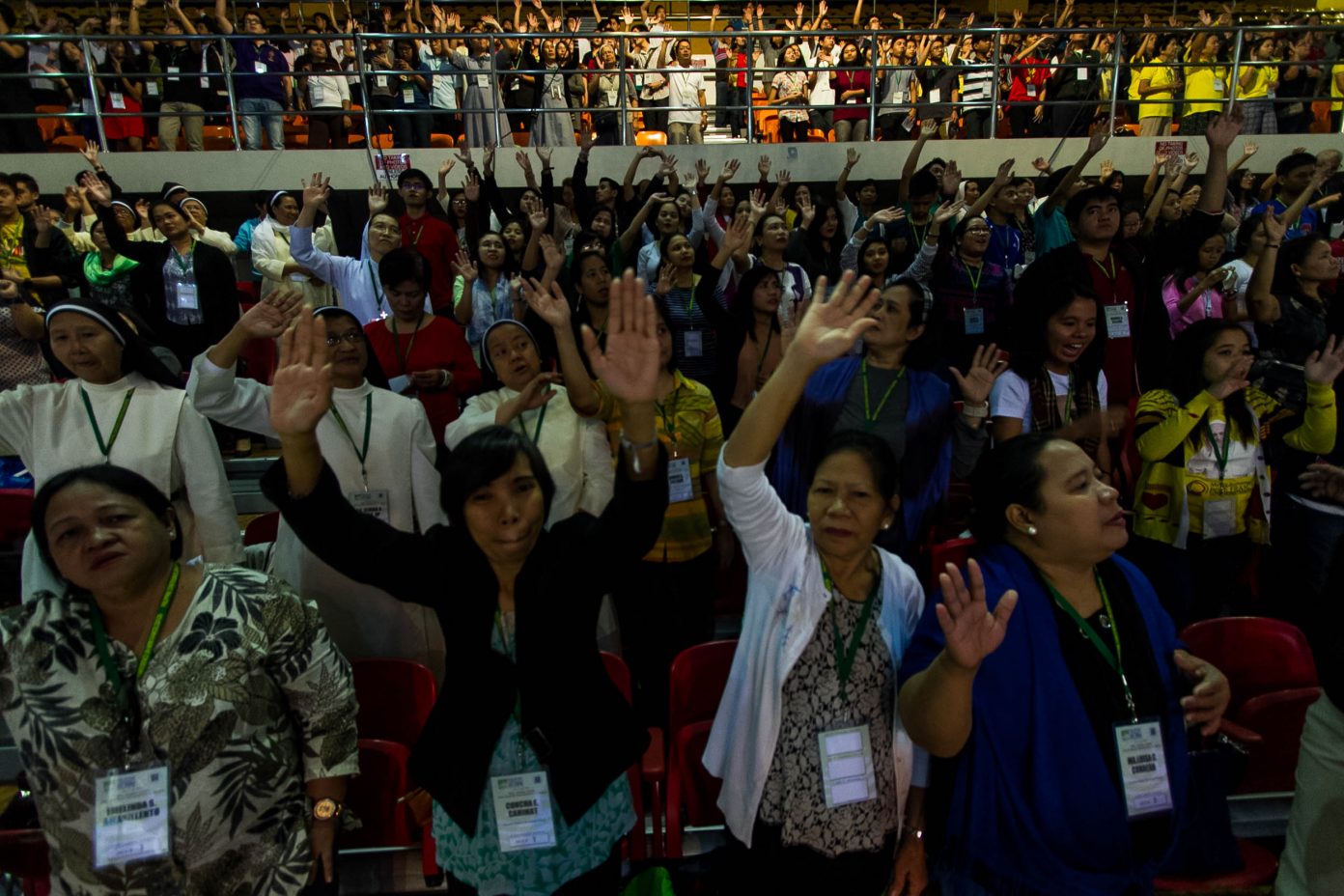Pope Francis urged lay ministers of the Church to “never become self-referential,” but to “transform society” by bringing Christian values into the world.
In an address to participants of the Plenary Assembly of the Dicastery for Laity, Family and Life in the Vatican on April 22, the pontiff reflected on the meaning of ministeriality in the Church and on the role of laypeople.
The pope said “the willingness to serve the brethren, and in them, to serve Christ” is the true motivation that must inspire any faithful who assumes an ecclesial task.
Pope Francis noted that when speaking of Church ministries in general, the thought immediately goes to “instituted” ministries such as lectors, acolytes, and catechists.
He said, however, that these instituted ministries “do not represent the full extent of the ministeriality of the Church, which is broader and, ever since the first Christian communities, regards all the faithful.”
The pope said its origin lies in baptism and in the gifts of the Holy Spirit and the sacrament is “the root of the common priesthood of all the faithful which is in turn expressed in the ministries.”
He said all the baptized — lay people, celibate, married people, priests, religious — are “Christifideles,” that is believers in Christ, “and are therefore required to take part in the mission He entrusted to the Church, also through the assumption of specific ministries.”
Pope Francis said the ministry of the laity “stems from the charism that the Holy Spirit distributes within the People of God for its edification.”
He said the ministeriality of the Church cannot “be reduced merely to instituted ministries, but rather embraces a far vaster field.”
Pope Francis said the “besides the instituted ministries, supplementary services, and other regularly entrusted offices, the laity can carry out a range of tasks, which express their participation in the prophetic and regal function of Christ: not only within the Church, but also in the environments where they live.”
He stressed that those serving in the Church “must never become self-referential” and have two fundamental things in common: “Mission and service.”
“I like to emphasize that at the root of the term ministry there is the word minus, which means ‘minor.’ And Jesus said so: those who command should make themselves the smallest, otherwise they do not know how to command. It is a small detail, but of great importance. Those who follow Jesus are not afraid to make themselves ‘inferior,’ ‘minor,’ to place themselves at the service of others.”
“Indeed, Jesus himself taught us: ‘Whoever would be great among you must be your servant, and whoever would be first among you must be slave of all.’”







